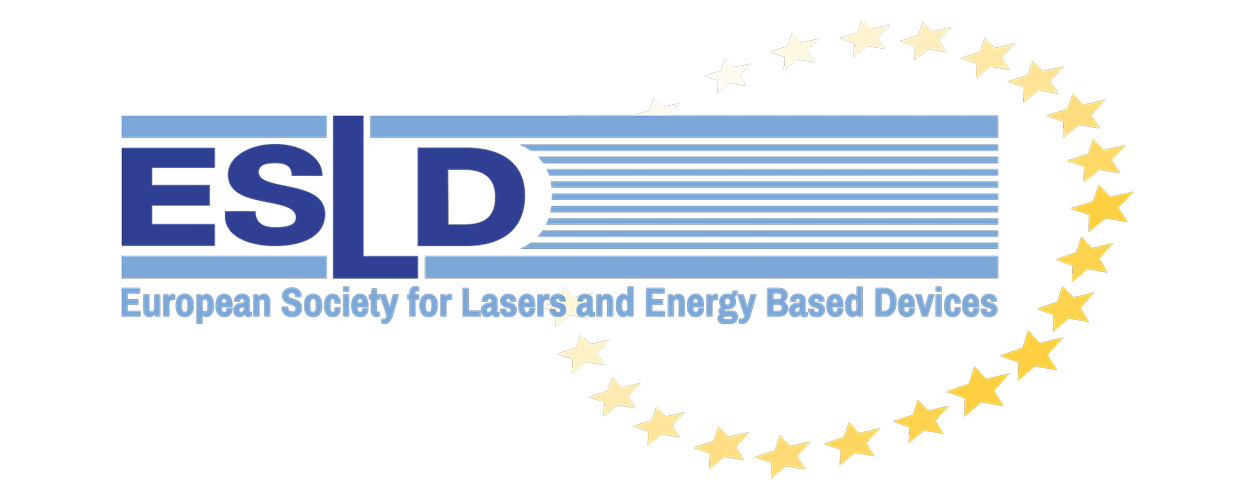RETOUR
IMCAS Academy International
IMCAS Academy International
Programme
Adapter l’horaire du cours ou du congrès à votre fuseau horaire
Référence du fuseau horaire: (UTC-04:00) America, New York
Challenging cases: injectables, clinical dermatology, lasers & EBDs
Salle : Webinar
Date : jeudi 16 juillet 2020 de 11:00 à 12:30
Format : ÉTUDE DE CAS CLINIQUE > étude de cas clinques inhabituels ou difficiles afin d'évaluer les différentes options de traitement et de discuter des soins prodigués aux patients
Date : jeudi 16 juillet 2020 de 11:00 à 12:30
Format : ÉTUDE DE CAS CLINIQUE > étude de cas clinques inhabituels ou difficiles afin d'évaluer les différentes options de traitement et de discuter des soins prodigués aux patients
Présentations de la session
| Heures | Orateurs | Titre de la présentation | Résumé | Référence |
| 11:00 | Introduction | 101342 | ||
| 11:05 | Challenging cases: injectables | Visualiser | 101343 | |
| 11:29 | Challenging cases: clinical dermatology | 100442 | ||
| 11:17 | Challenging cases: lasers & EBDs | 100443 | ||
| 11:41 | Questions & answers with the audience | 101007 | ||













